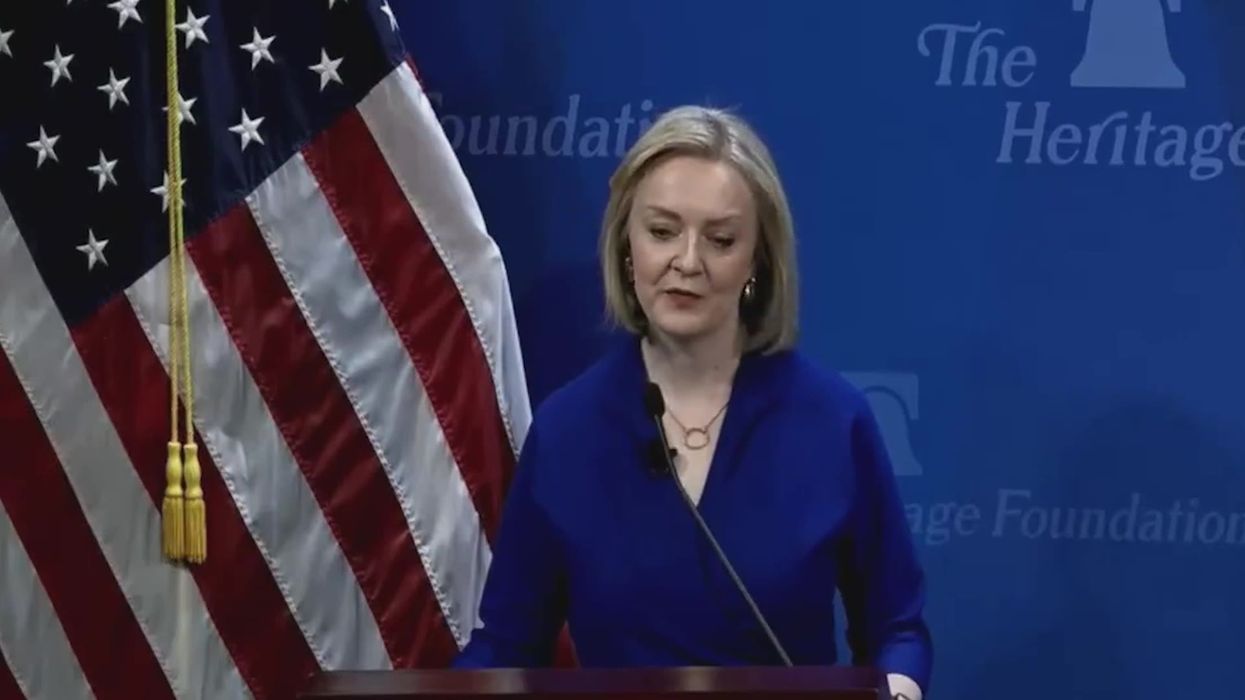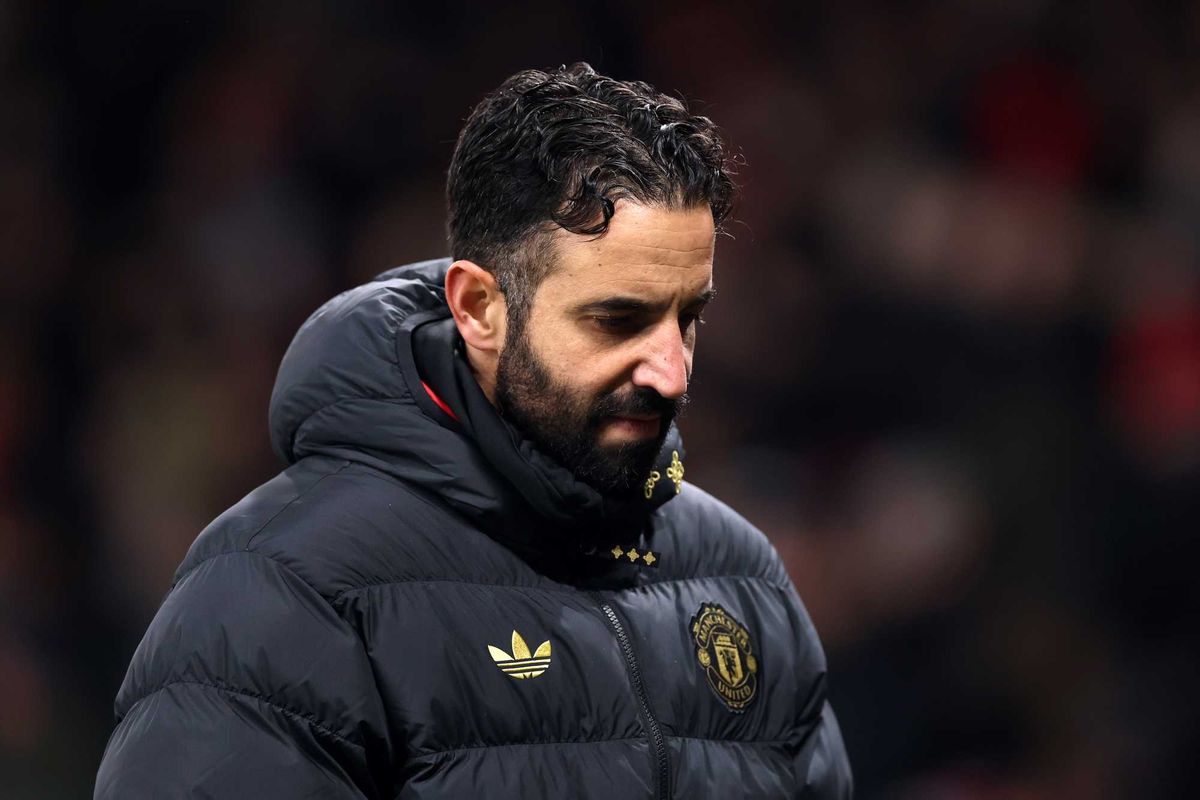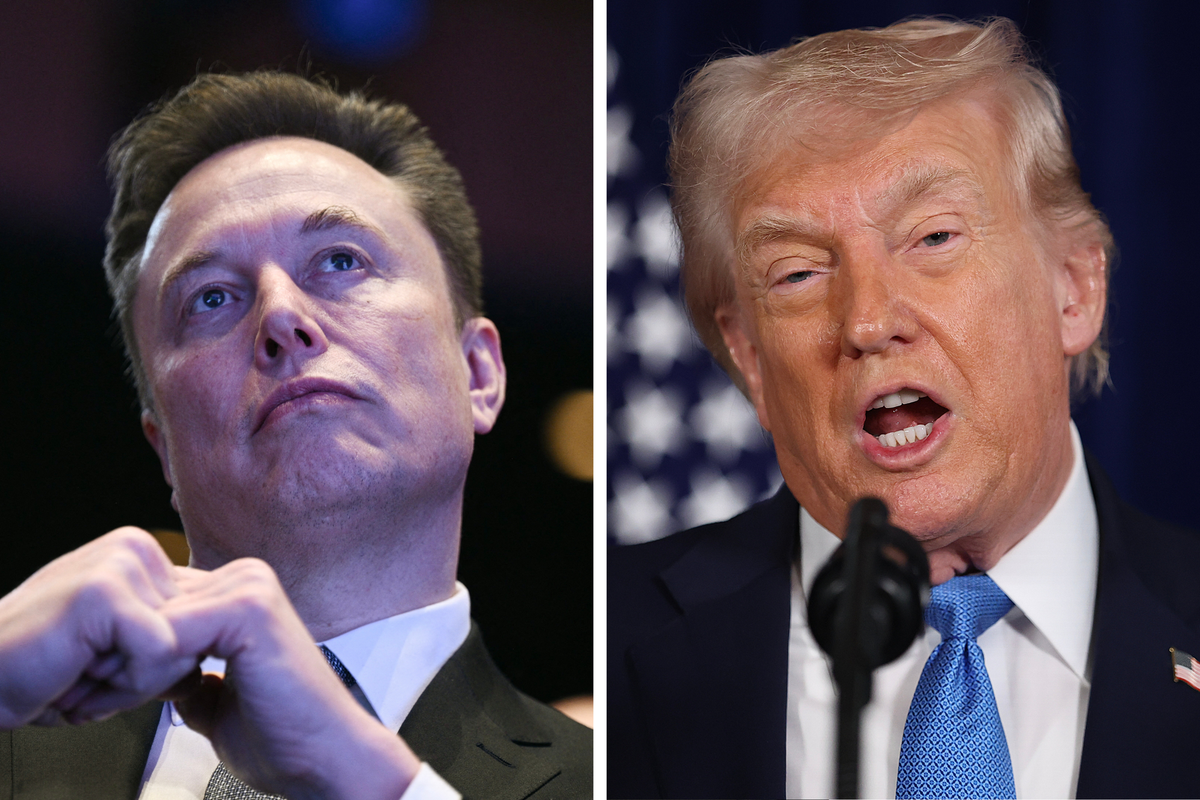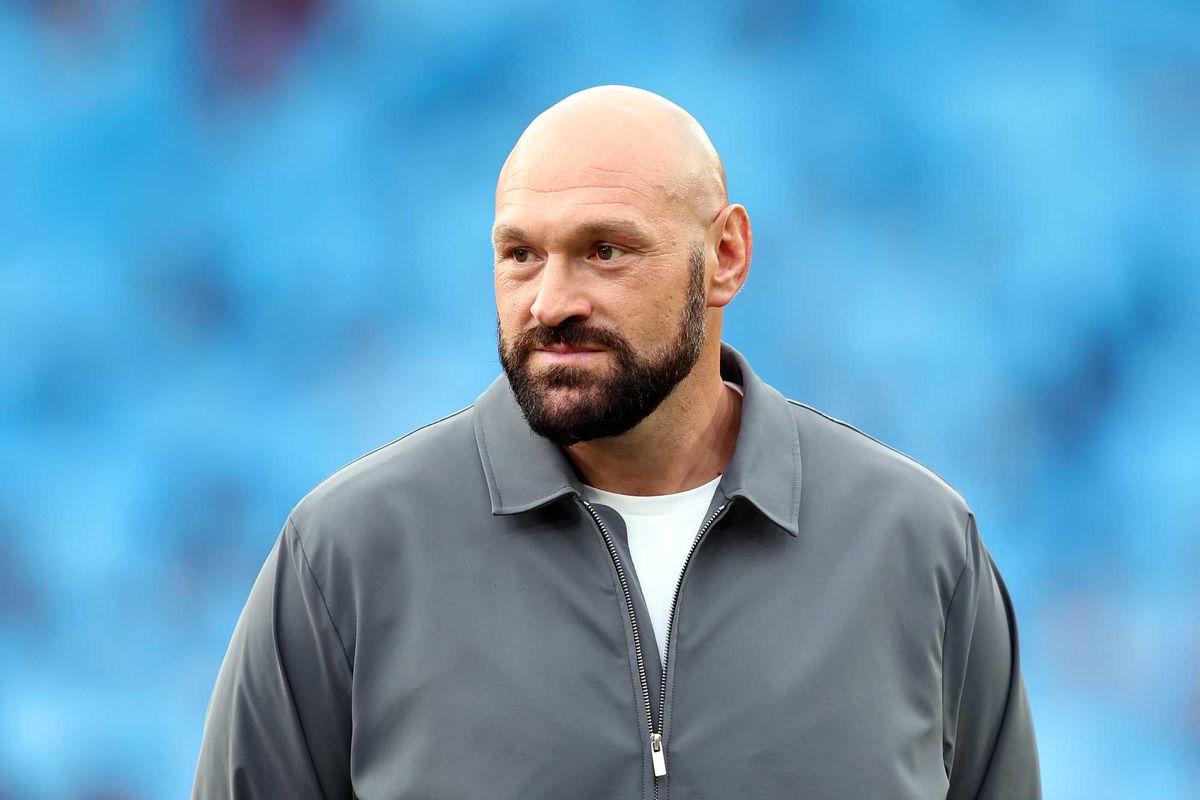One year ago today, Liz Truss became leader of the Tory part and the UK's prime minister.
It was a big day, and the public and commentators alike imagined what the next few years would be like under the new top dog who had replaced Boris Johnson.
But Truss didn't get her few years and instead politics ended up running at an incredibly accelerated pace. Indeed, she broke records for being the shortest-serving British PM after crashing the economy and rubbing just about everyone up the wrong way.
On her anniversary, we take a trip down memory lane to look at what happened in those surreal few weeks in British politics.
Here's everything that happened in the chaotic 49 days that Truss ran Britain.
Energy bills
After a tense leadership race during the summer, Truss became PM and soon got to work with enacting policy. On 8 September, she froze energy bills for two years due to rising prices and promised support for businesses struggling with bills for six months, with targeted help for vulnerable firms beyond that. She described it as "the moment to be bold", adding: "We are facing a global energy crisis and there are no cost-free options."
The Queen
But the news of this package was quickly overshadowed after Queen Elizabeth II died on the same day, and Truss stepped up to deal with all the state plans surrounding her funeral and met with the new King Charles. She went viral for curtseying in a very odd way when she met him, but that soon became the least of her troubles.
Mini-budget
Truss's next step was to make a new mini-budget to fix the ailing economy. Her chancellor Kwasi Kwarteng announced new plans in the commons on 23 September which included cutting the top rate of tax and reversing a rise in National Insurance.
But people were suspicious that her policies would work, not least because she didn't seek analysis from the Office of Budgetary Responsibility (OBR), as is custom.
Indeed, the markets were so spooked the pound plummeted and the economy looked in even worse shape. Turmoil continued for days until the Bank of England intervened with a temporary bond-buying programme.
U-turns
Unlike- one of her political heroes Margaret Thatcher thought, the lady was for turning and Kwarteng announced that plans to scrap the 45p tax were, ahem, scrapped on 3 October, but turmoil prevailed. After more u-turns and yet more chaos he was sacked on 14 October and Labour soared in the polls.
Anti-growth coalition
Meanwhile, Truss went to the Tory party's annual conference and gave a speech to members. It was a chance to seem serious and show what she would do for the country, but she instead went on a rant about "the anti-growth coalition" which included everyone from Labour and those who go on podcasts.
Chancellor two
Jeremy Hunt replaced Kwarteng as chancellor and made a statement in an effort to restore stability to the market. He ended up reversing most of the tax cuts announced Kwarteng's mini-budget and said he was scaling back support for energy bills.
"Hiding under a desk"
Meanwhile, Labour secured an urgent question in the Commons about what had happened with the ousting of the former chancellor in the days before.
Rather than answering the question, the PM sent Penny Mordaunt to the despatch box, where she said Truss wasn't "hiding under a desk" but was busy with work.
Tory rebellions continued with many calling for her resignation and things seemed rather testy, with pressure increasing when Suella Braverman resigned.
It started to look like a matter of when not if and the Daily Star ruthlessly mocked her by making a livestream of a lettuce and questioning whether it would outlast Truss's premiership.
Resignation
Spoiler alert, the lettuce won. With 15 MPs publicly calling for her to go, Truss made a statement on 20 October announcing her intention to resign. After a quick leadership contest, Rishi Sunak became the PM and he has managed to hang on for almost a year so is doing better than Truss in that respect.
Legacy
And that was that - kind of. The effects of her economic policies are still being felt with mortgages soaring and the cost of living crisis showing no signs of abating.
Meanwhile, Truss benefits from all the lovely gravy train gravy one gets from having served in the biggest role in public office. She has reportedly submitted a resignation honours list and got a very decent severance wedge despite lasting in the role for shorter than some internships.
Now, she goes around the interview circuit and delivers international speeches pretending her economic policies were sound, showing little sign of penance.
So thanks for your 49 days, Truss. Let's not repeat them.
Sign up to our free Indy100 weekly newsletter
Have your say in our news democracy. Click the upvote icon at the top of the page to help raise this article through the indy100 rankings.














